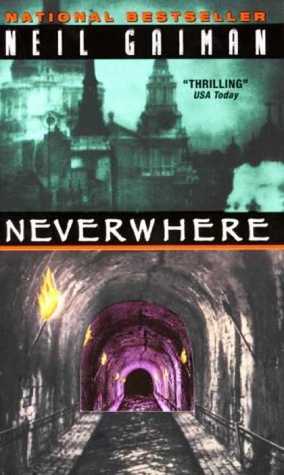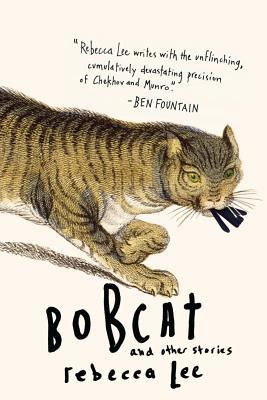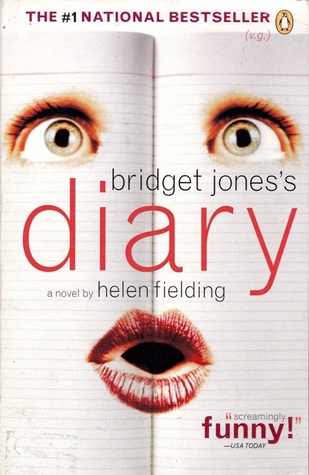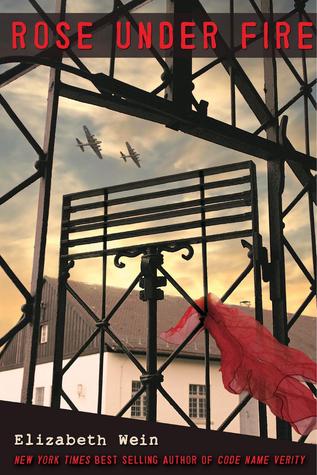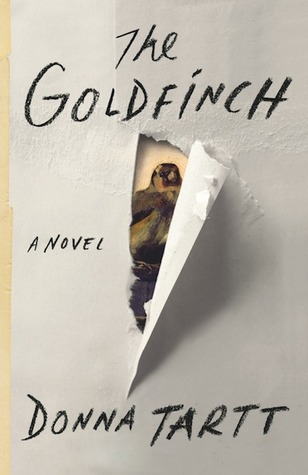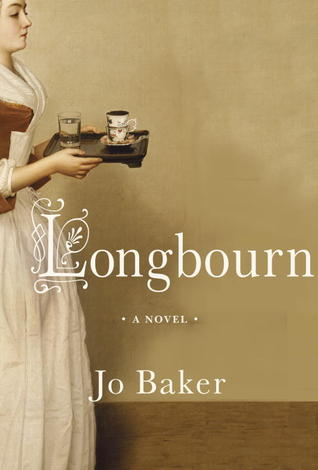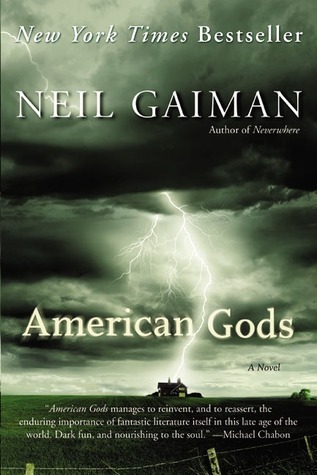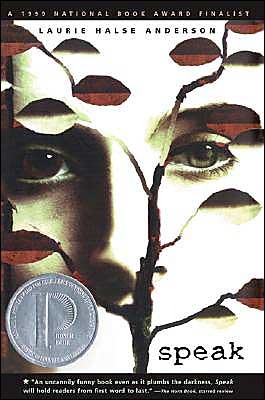 There is one mirror in my house. It is behind a sliding panel in the
hallway upstairs. Our faction allows me to stand in front of it on the
second day of every third month, the day my mother cuts my hair.
There is one mirror in my house. It is behind a sliding panel in the
hallway upstairs. Our faction allows me to stand in front of it on the
second day of every third month, the day my mother cuts my hair. "In Beatrice Prior's dystopian Chicago world, society is divided into five factions, each dedicated to the cultivation of a particular virtue--Candor (the honest), Abnegation (the selfless), Dauntless (the brave), Amity (the peaceful), and Erudite (the intelligent). On an appointed day of every year, all sixteen-year-olds must select the faction to which they will devote the rest of their lives. For Beatrice, the decision is between staying with her family and being who she really is--she can't have both. So she makes a choice that surprises everyone, including herself. During the highly competitive initiation that follows, Beatrice renames herself Tris and struggles alongside her fellow initiates to live out the choice they have made. Together they must undergo extreme physical tests of endurance and intense psychological simulations, some with devastating consequences. As initiation transforms them all, Tris must determine who her friends really are--and where, exactly, a romance with a sometimes fascinating, sometimes exasperating boy fits into the life she's chosen. But Tris also has a secret, one she's kept hidden from everyone because she's been warned it can mean death. And as she discovers unrest and growing conflict that threaten to unravel her seemingly perfect society, Tris also learns that her secret might help her save the ones she loves . . . or it might destroy her."
This is the third time I've read Divergent, once in February 2012, and again in August 2012. I remembered it pretty well, but I wanted to reread both Divergent and Insurgent in preparation for Allegiant's release on (review coming soon). You can read my original review here, but be warned: it's not very good. Divergent, however, is an excellent book, not wholly unique in its genre, but with just enough originality to make it totally worth reading (if you haven't read it already). The characters aren't particularly likable, but that's part of its uniqueness; Tris, Four, and the other characters all have really ugly sides that all too often shine through.
Veronica Roth builds unease so, so well. I remember the first time I read Divergent I thought to myself that this society wasn't too bad or dystopian, even if it was a bit misguided. But that all changes as soon as Tris becomes a Dauntless initiate. The ugliness of Dauntless is revealed, how there are those in Dauntless who believe that bravery means never, ever giving up or admitting defeat. To someone like Four, however, bravery is acknowledging the strength of others. Tris is also grappling with what the definitions of bravery and selflessness are, and whether she can reconcile both within her or have to push one away. Because despite giving up Abnegation, at least in Divergent, there's still a lot of that girl in her. But her ugly side is also revealed through this: she's struggling to push away her Abnegation tendencies, and often swings to the other extreme, not wanting to help people at all. This, I think, is what makes Divergent such a marvelous book. Not only it is a real page-turner, and wildly entertaining, but the characters also think rather than just doing things. It's a perfect balance of thoughtfulness and action, and Divergent is definitely one of my favorite books.
The world in Divergent is also really, really compelling and easy to relate to. Each faction believes that problems are caused by different things, by selfishness, ignorance, violence, dishonesty, and by cowardice. I think all of them have the right idea, but that strife is caused by all of these things, not just one. And that's where the factions have gone wrong in their ideology. Now the factions' fairly admirable goals and manifestos are also being changed into something darker, such as with Erudite and Dauntless. Factions can take advantage of their supposed characteristics; Peter, formerly from Candor, used to beat up people and lie about it. And everyone would believe him, because Candor people are supposed to never tell a lie. Tris comes of age in a world dark with conflict, and she has a dangerous quality - Divergence. Veronica Roth tells you just enough tantalizing information about Divergence to keep you reading, and Tris's story is masterfully told.
And you know what? I love the romance too. Sometimes I hated Four, sometimes Tris, because they are two deeply flawed people, but I really loved how it was developed, not instantly or anything. And, thank God, no real love triangle (there's Al, but that doesn't really count). Tris and Four are in conflict a lot throughout the book, and that feeds the story. Plus, the romance is only one of many aspects of the book; it's not overemphasized, which is realistic, since Tris has a lot going on in her life: she's trying to make new friends, reconcile her conflicting choices and feelings, think about her family, stay in Dauntless, and find out what exactly Erudite is up to. She can't be constantly worrying about Four.
All of the characters in Divergent are amazingly portrayed, their feelings and their conflicts, and Veronica Roth also writes really incisively about the dystopian society she's created and each of the factions. In Divergent, Amity and Candor aren't fully fleshed out, but rest assured, they will be in Insurgent. And who knows what will happen in Allegiant, which I'm super excited for.
487 pages.
Rating: *****

